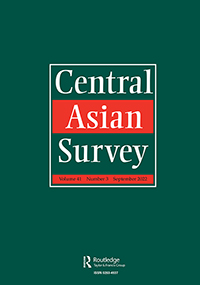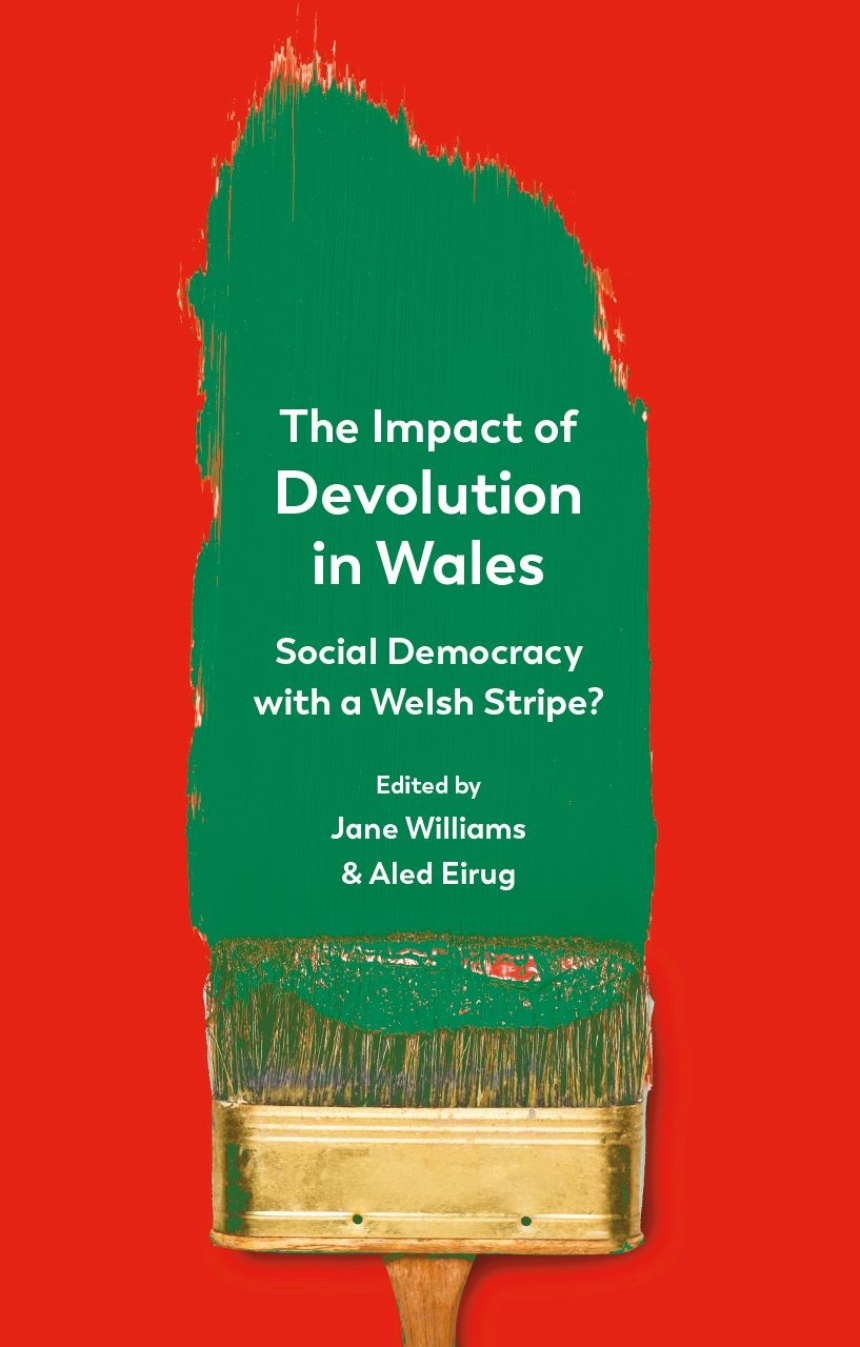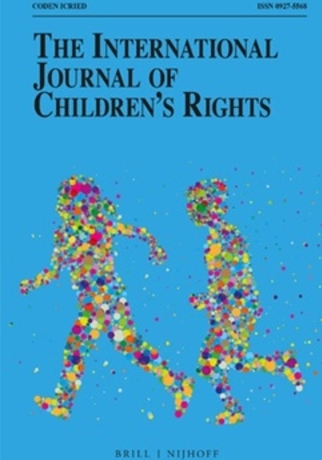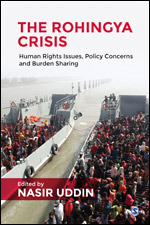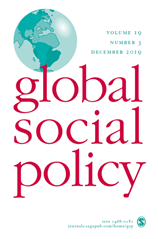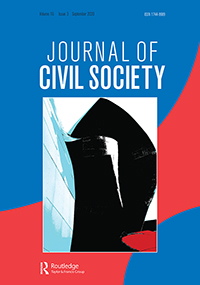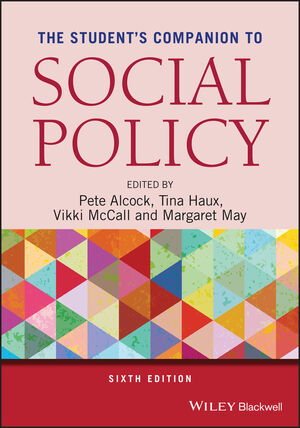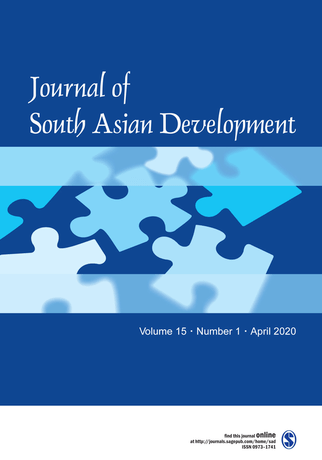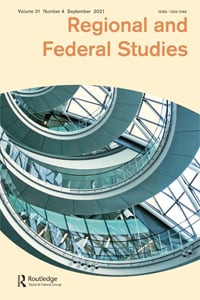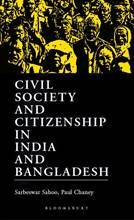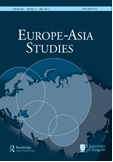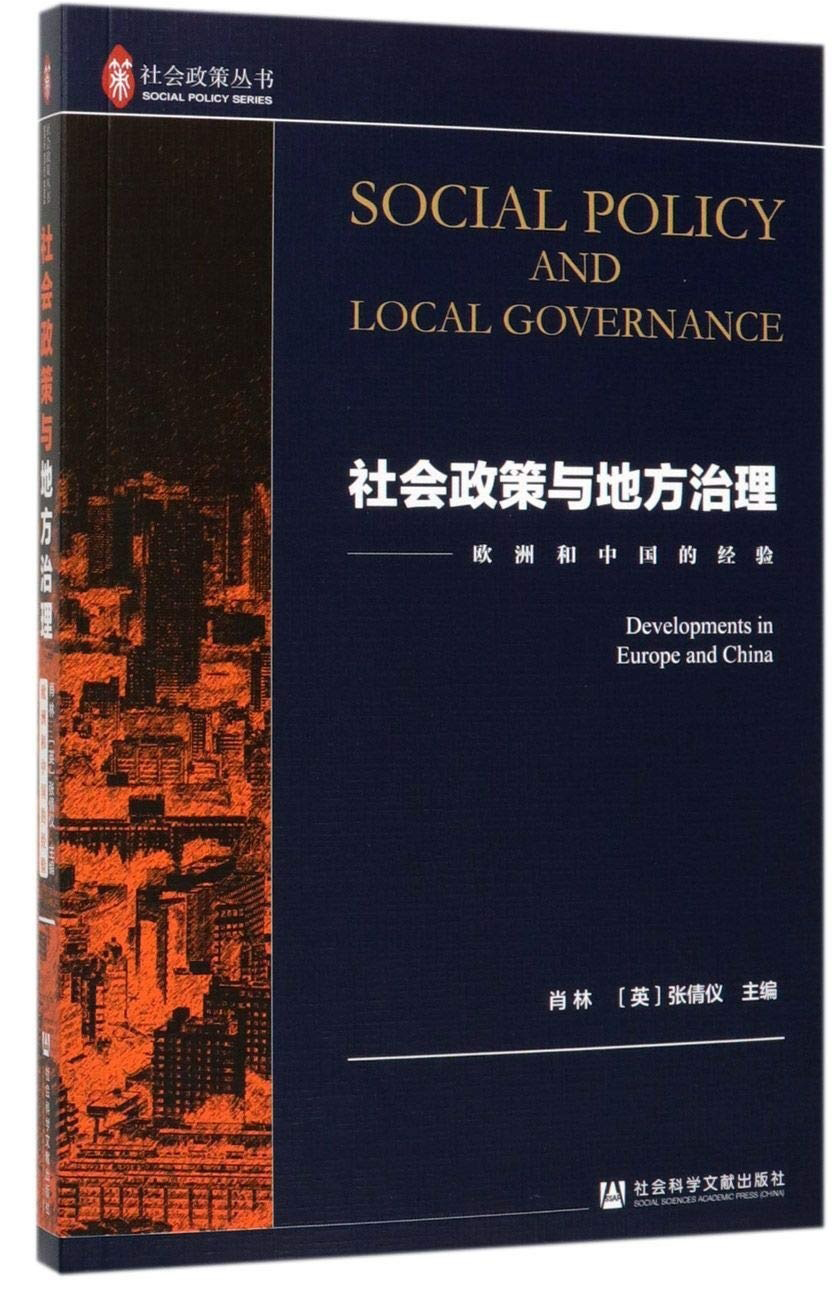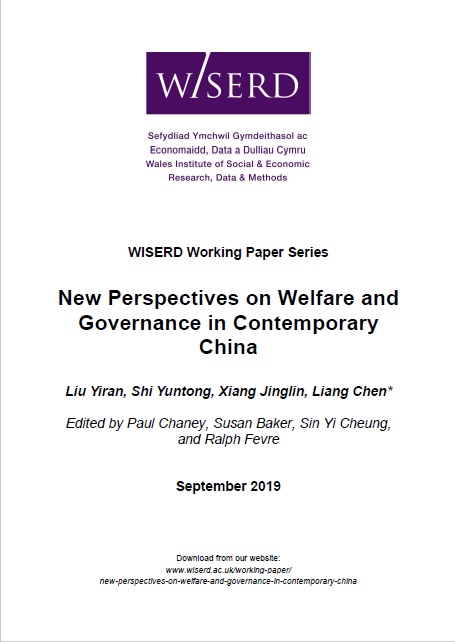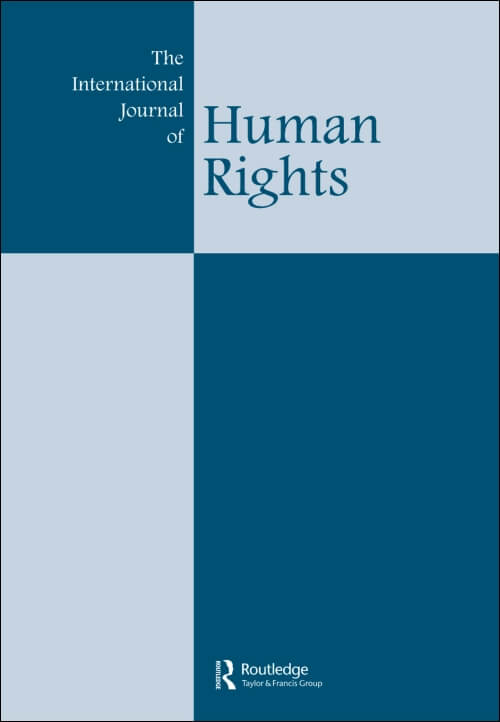This work-package is an international study of civil society, trust and human rights in mixed economies of welfare. It seeks to understand the issues, progress and challenges facing CSOs as they deliver – and shape – welfare and press for the advancement of human rights. It has three components:
UK Research
1. A Critical Examination of Third Sector Organisations’ Contemporary Role in Welfare Delivery
This comparative strand of the research focuses on the role of third sector organisations (TSOs) in providing social welfare. We examine developments in domiciliary and community based adult social care. In particular, we explore policy developments and practice in Wales, Scotland England and Northern Ireland. This approach is designed to provide new insights into the territorialisation of welfare in the wake of devolution in the UK in 1998/9. In turn this tells us about the efficacy of different welfare mixes and policy divergence in a quasi-federal UK. The original data gathering associated with this work involves multiple semi-structured interviews with national and local TSOs concerned with social care delivery, complemented by interviews with regulatory and other state bodies. A key research question is: ‘how do TSOs perceive the issues, progress and challenges of their welfare delivery role?’ In the wake of the pandemic we also seek practitioners’ views on the impact of the COVID-19 emergency on TSOs’ social care delivery.
2. The Territorialisation of Welfare in the UK
This element of the research is based on comparative secondary data analysis and explores the rise of distinctive welfare regimes in the polities of the UK. It charts the rise of divergent approaches to social welfare and how this is underpinned by multi-level electoral politics.
International Research
3. A Critical Exploration of Civil Society’s Role in Advancing Human Rights and delivering Welfare in Europe and Asia
This aspect of the work-package uses both primary and secondary data analysis to examine civil society organisations’ (CSOs’) role in promoting human rights and delivering of social welfare. Inter alia, it uses discourse analysis to examine CSOs’ critical views of state practices, as submitted to the United Nations Universal Periodic Review. The international comparative analysis charts the issues, progress and challenges across a broad range of countries in Europe and Asia. Our work to date has examined territorial human rights regimes in India, Bangladesh, and the (former Soviet) Commonwealth of Independent States. In addition, we have explored CSOs’ role in welfare delivery in China. This study has also published the first comparative analysis of civil society views on the contrasting human rights practices in the four polities of the UK.




